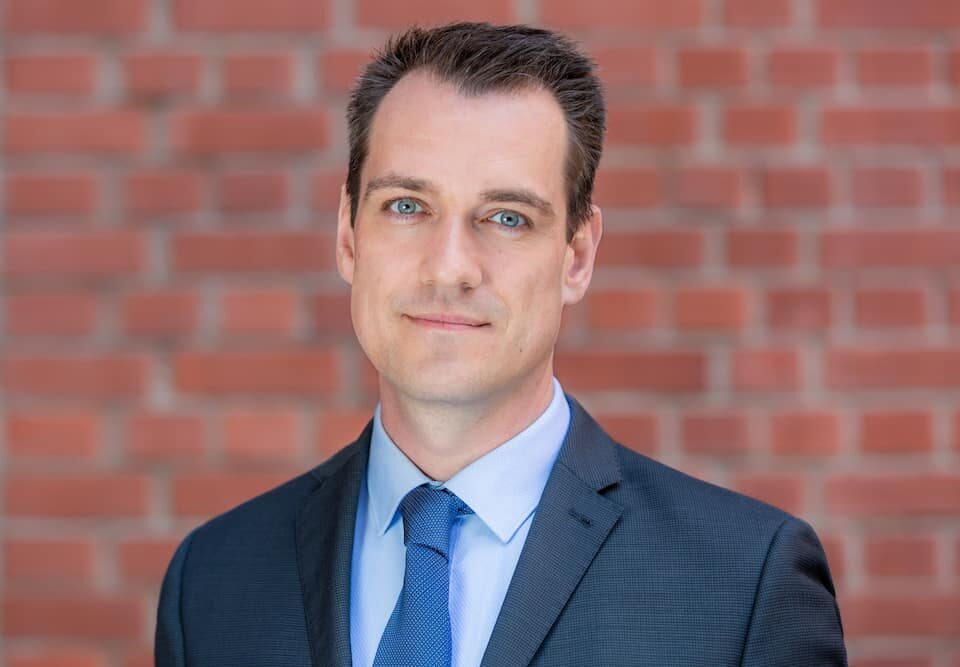Constitutional Training and Consulting
The Foundation supported the process of constitutional transformation in Yemen by organising workshops on constitutional topics from 2012. The aim was to prepare the participants on a legal basis for their future role in the National Dialogue and the Foundation worked in close collaboration with a Yemeni NGO. More than 60 per cent of the workshop participants now work in the committees of the National Dialogue.
Between May 2013 and April 2014, the Foundation was active in constitutional consulting to support the National Dialogue.
The Transitional Process
On January 2011 widespread protest erupted among opposition groups as ex-President Ali Abdullah Saleh presented constitutional amendments. As the regime was already faced with growing political protests and, even, secessionist movements over the last few years, the context of the Arab Spring reinforced these movements and protests against President Saleh and his party, the “General People’s Congress”, broadened to cover most areas of the country by end of January 2011, demanding President Saleh’s resignation. Ali Abdullah Saleh signed an agreement, the GCC initiative, on 23 November 2011, providing for his stepping down in return of domestic immunity from prosecution. Besides, the GCC Initiative and it accompanying Implementation Mechanism, envisage a detailed roadmap for the transitional process consisting of two phases: the first phase covers the delegation of the President’s power to his deputy, Abd Rabbo Mansour Hadi; the formation of a national unity government; the organisation of a presidential election and the preparation of an inclusive National Dialogue Conference. This phase reached its end with the presidential election of 21 February 2012 to which Mr Hadi was the uncontested consensus candidate. During the second phase of this process, timetabled to last two years, the President and his Government should launch this inclusive national dialogue conference which is mandated to deal with all the problems of the country such as restructuring the military and security apparatus, dealing with transitional justice issues, the issues of the South, Sa’ada, gaps in good governance and agreeing on the content of a new Constitution to be adopted by referendum. Presidential, legislative and local elections should be held in accordance with the new Constitution in early 2014. This ambitious timetable could not be adhered to.
The Conference of the National Dialogue
The National Dialogue Conference was initiated on 18 March 2013 and is to be held for six months. The Conference has 565 members representing the North and the South of Yemen to 50 per cent respectively. Each of these two main groups reserves 30 per cent of its seats to women and another 20 per cent for youth representatives. The delegates of political groups were designated by their respective parties and movements while those representing women and youth were selected by a Technical Committee on the basis of guidelines established by the Preparatory Committee. Formally, the Conference is presided over by the President of the Republic.
The Conference is built up of nine working groups, a consensus Committee, a Discipline Committee and a Presidium. The Consensus Committee, tasked with solving disputes on the reports and competences of the respective working groups, is made up of the Presidium, the Chairpersons of the working groups and six personalities representing specific groups and independent personalities. The Presidium of the Conference is made up of a President assisted by six deputies and a Rapporteur assisted by one deputy.
Each one of the nine working groups is responsible for one of these subject areas:
- State Organisation
- Rights and Liberties
- Good governance
- Transitional Justice
- Independence of institutions
- The military and security forces
- Development
- The issue of south Yemen
- The issue of Saada
In conformity with the initiative of the Gulf Cooperation Council and its Implementation Mechanism, which serve as the legal framework of this process, the transition is set to terminate Presidential, legislative and local elections to be held starting from February 2014. A referendum on the constitutional draft developed to this date is to be held until 15 December 2013. Although a constitutional Committee will be tasked with actual technical drafting, the working groups of the National Dialogue Conference are responsible for making decisions on the content of the constitution.
The Foundation’s Consulting Activities
In May 2013 the Foundation was tasked with the legal consulting of the National Dialogue Conference. The members of the working groups and the office of the Presidency of the Republic could address the Foundation’s team for constitutional questions.
The Foundation’s responsibility was in the presentation of a comparative perspective on constitutional questions raised within the working groups. These presentations focus on countries which were similar to Yemen. Suitable references were, however, made to other Arab and non-Arab countries in order to ensure a broad comparative basis. The overall aim was to demonstrate possible solutions and provide members with all-encompassing information, giving them the capacity to evaluate and solve their challenges on the basis of profound knowledge. The consulting activity took place in the form of presentations delivered before the working groups and their sub-committees, briefings, written notes and memos.
At the request of the working group, Foundation experts were embedded in the State-building working group, the one tasked with constitution-making issues, in order to provide it with constitutional and legal advice on a permanent basis. They were also providing legal and constitutional support to the other working groups as well as to the Consensus Committee and the Presidium of the Conference. The topics of consultation were determined by each working group, committee or sub-committee. With the extension of the conference of the National Dialogue the Foundation team also continued its consulting.
Funding

Duration
15 May 2013 – 30 April 2014
News Items
Contact

Johannes Krusemark-Camin
Email: Phone: +49 (0)6221 91404 23 (See full profile)
